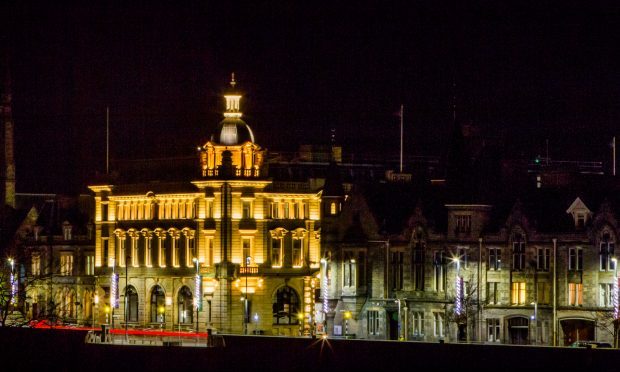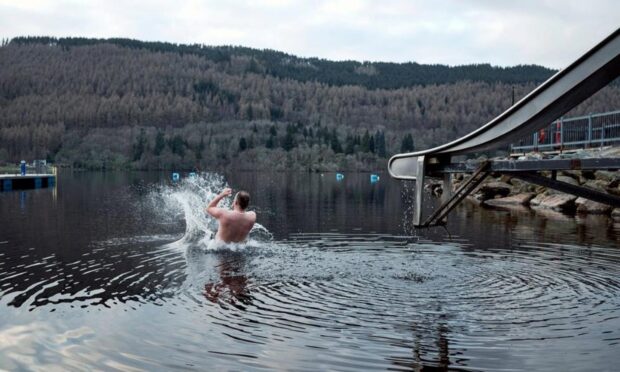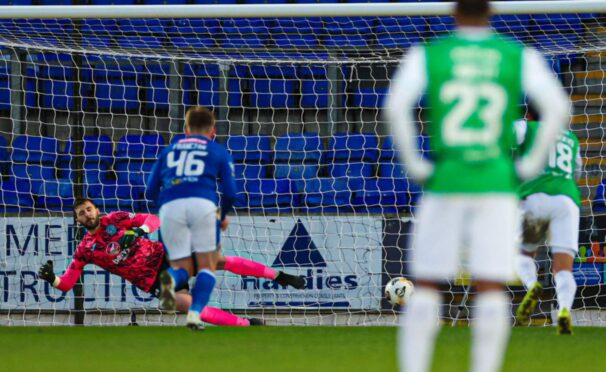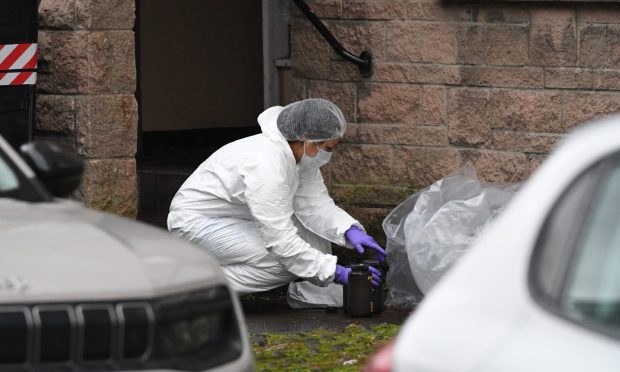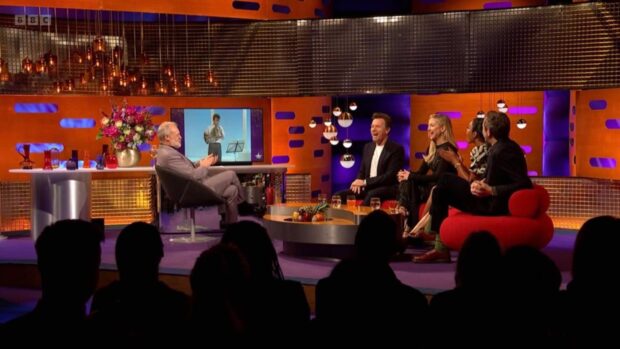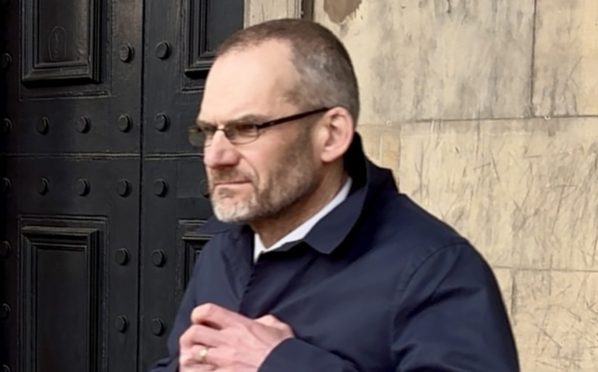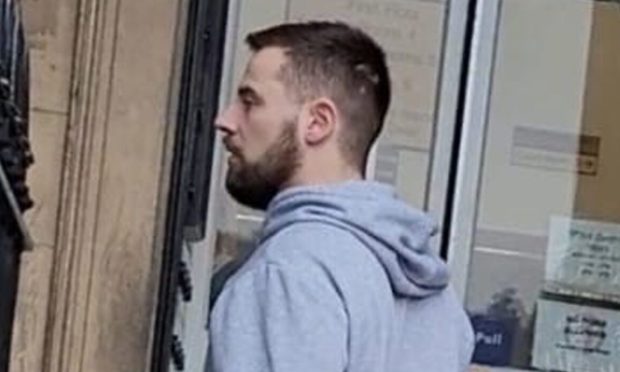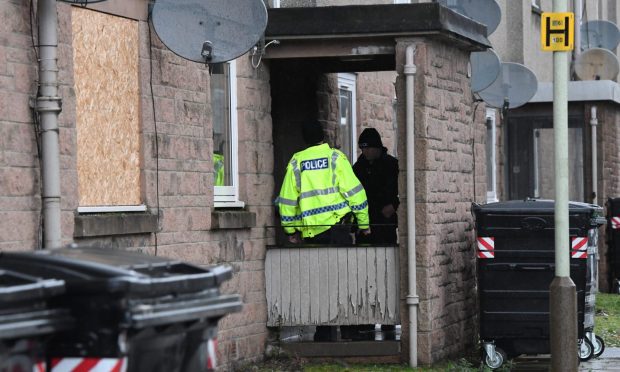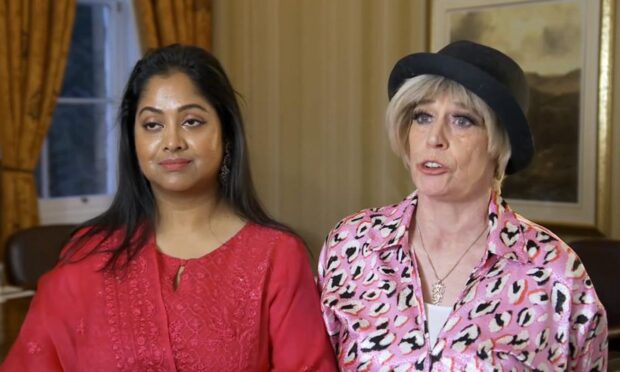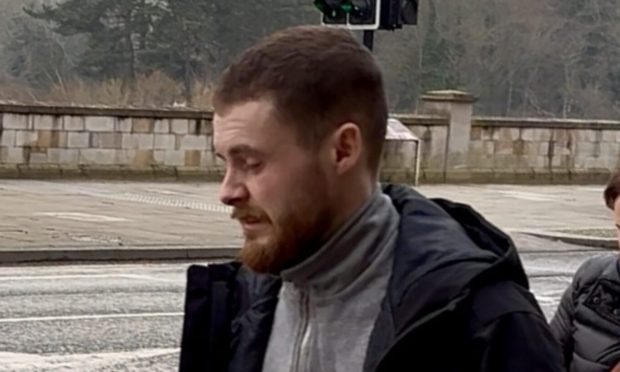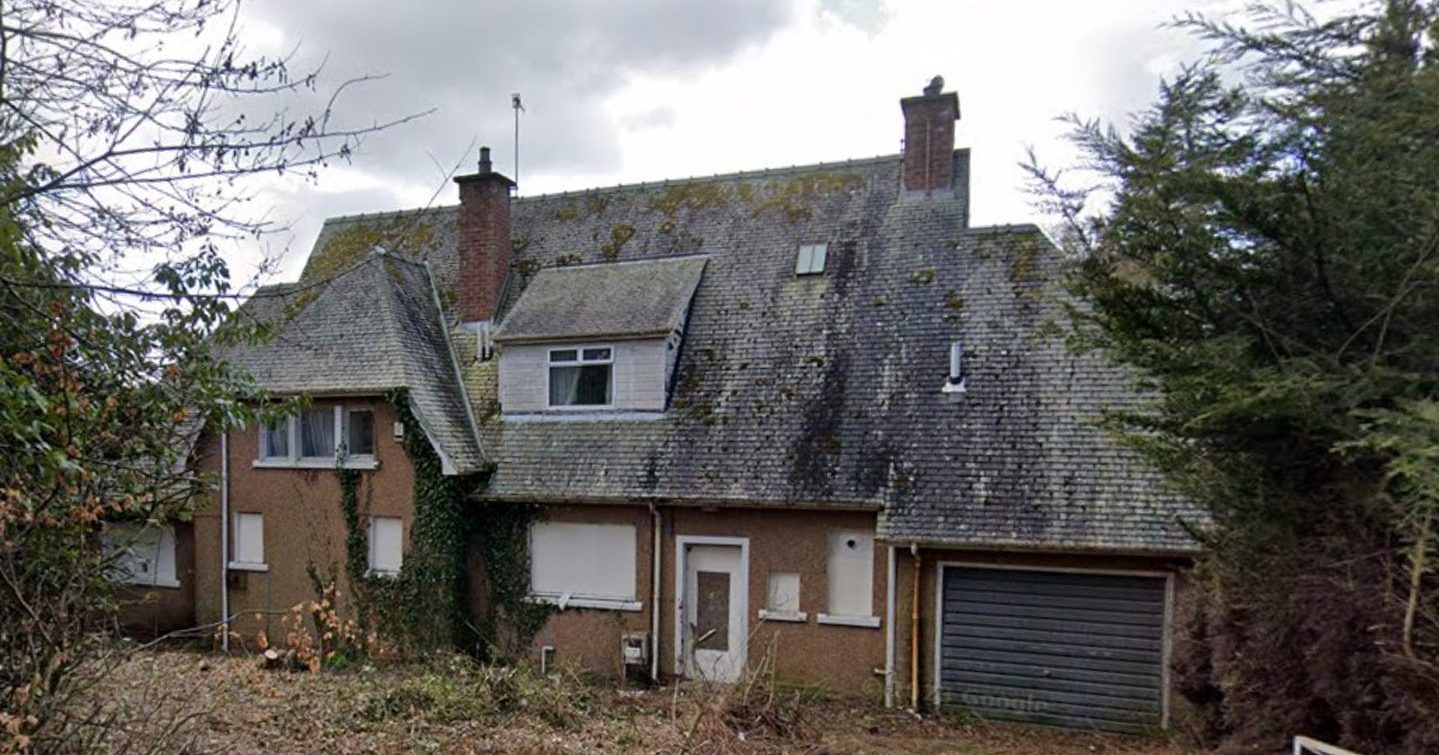Around the same time that a certain American president was enjoying a run-in with a CNN reporter at the White House, a similar freedom-of-press row was erupting on a much smaller scale in Perth.
Members of the council’s Audit Committee took the controversial decision to hold talks on a £12,000 fraud case behind closed doors.
The public and members of the press were duly turfed out so that councillors could have an “open” dialogue about alleged pilfering by a former staff member.
We were told the decision was taken to ensure that no sensitive information was released that could jeopardise an ongoing – and possibly criminal – inquiry.
On its own, that is an absolutely fair reason. Councils hold private discussions on a range of issues all the time.
But it was the way the decision was executed that has caused eyebrows to be raised.
It’s very unusual for an item to be withdrawn from the public agenda at the 11th hour. And in this case, it followed some discussion about how inaccurate news reports could harm the council’s reputation.
Having said that, I can’t believe that this was a crude attempt to silence the press or punish us because they didn’t like our story.
Badly handled, yes. But nothing more sinister or malicious.
What is worrying though is that it could set a precedent for future meetings.
A case of fraud, involving the theft of taxpayers money, is firmly in the public interest and people will rightly want to know how their cash was misused and what is going to be done about it.
But if this were to happen again, I suspect the local authority will think about taking a different, more cautious approach, possibly even keeping all details of ongoing investigations private.
And that would open the council to accusations of censorship and cover ups.
The CNN scandal that rocked Washington DC this week has highlighted why it’s so important to hold people in political power to account.
By blatantly excluding a senior White House reporter, Donald Trump continues his race to the bottom.
We don’t need to go after him.
